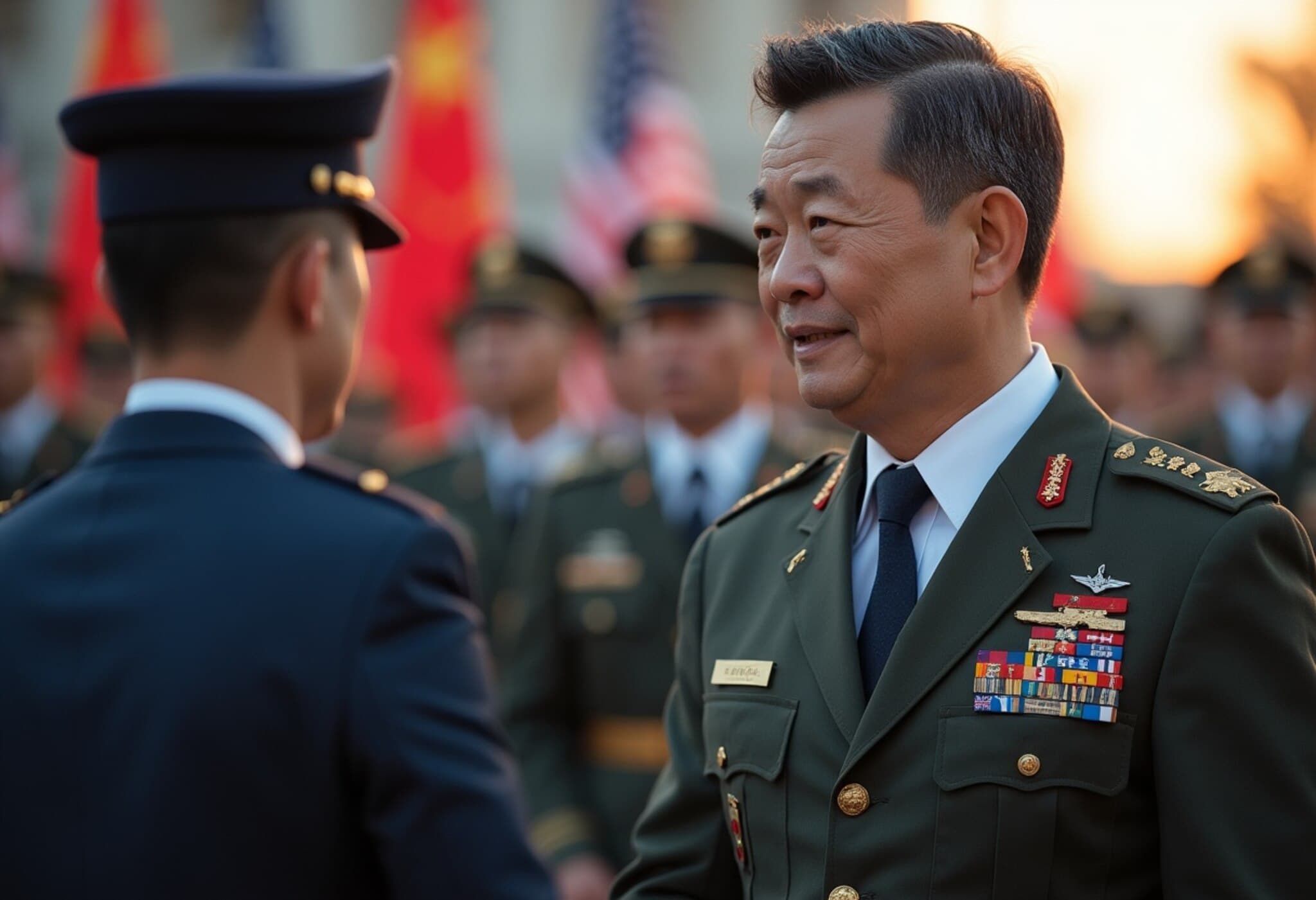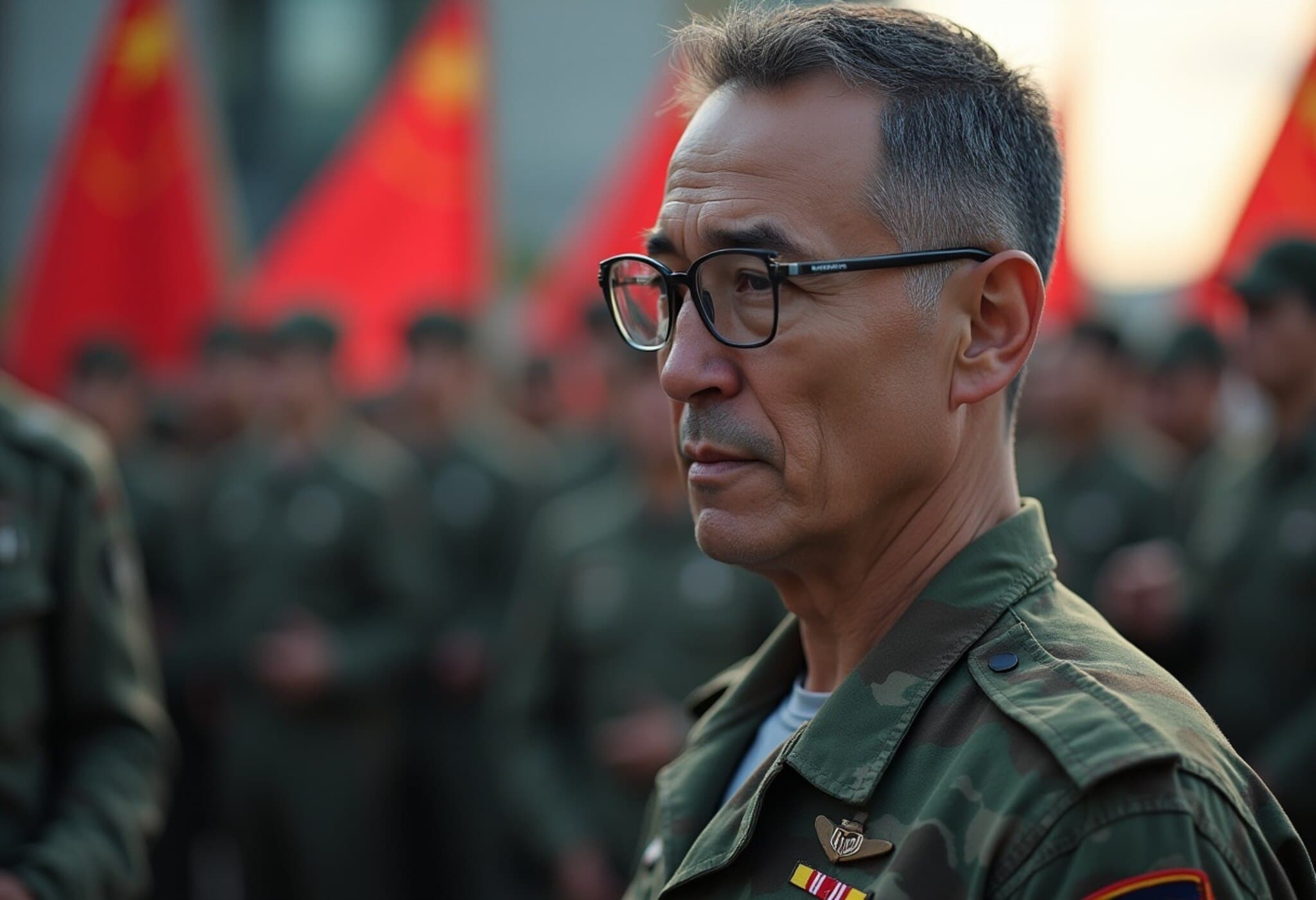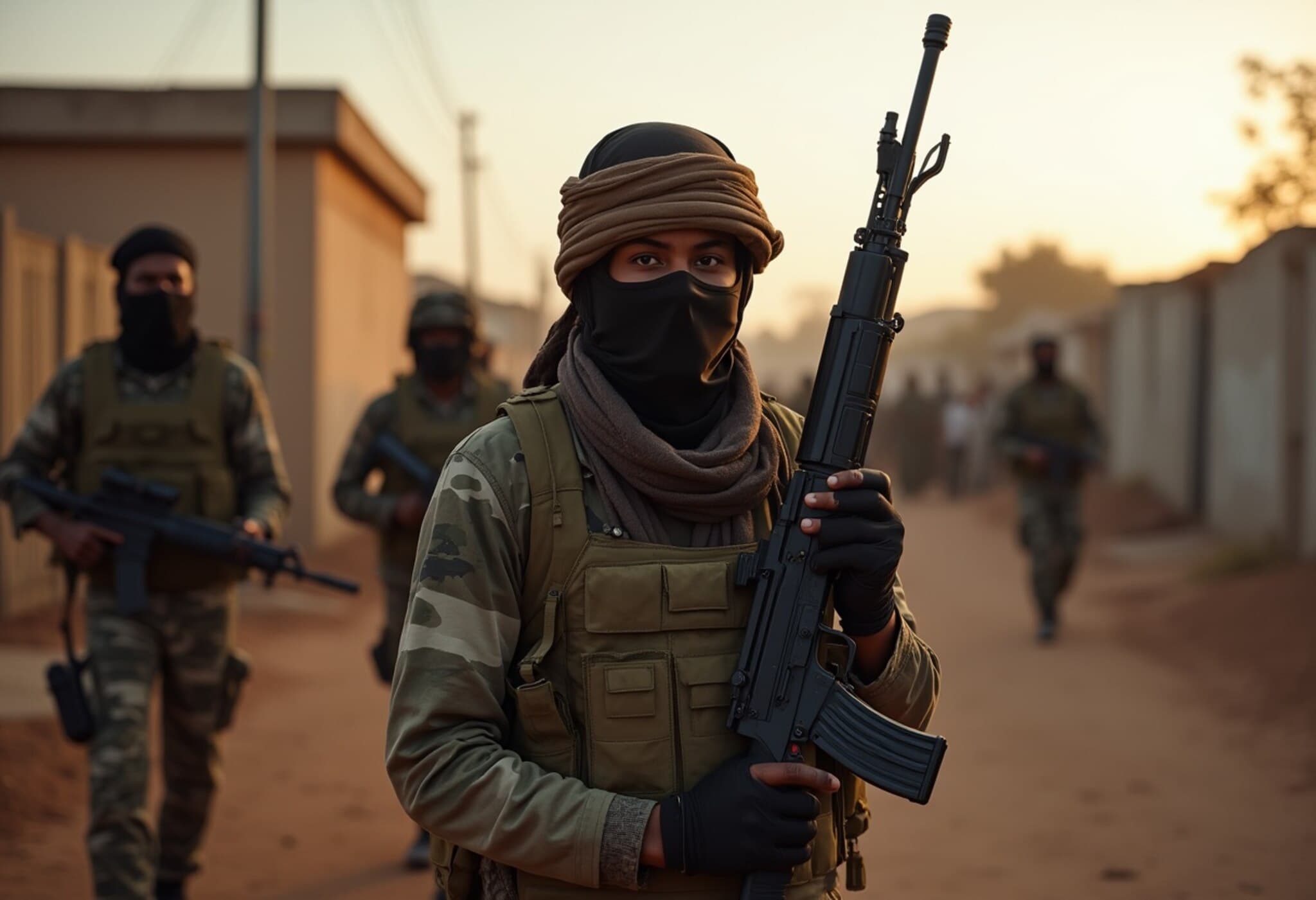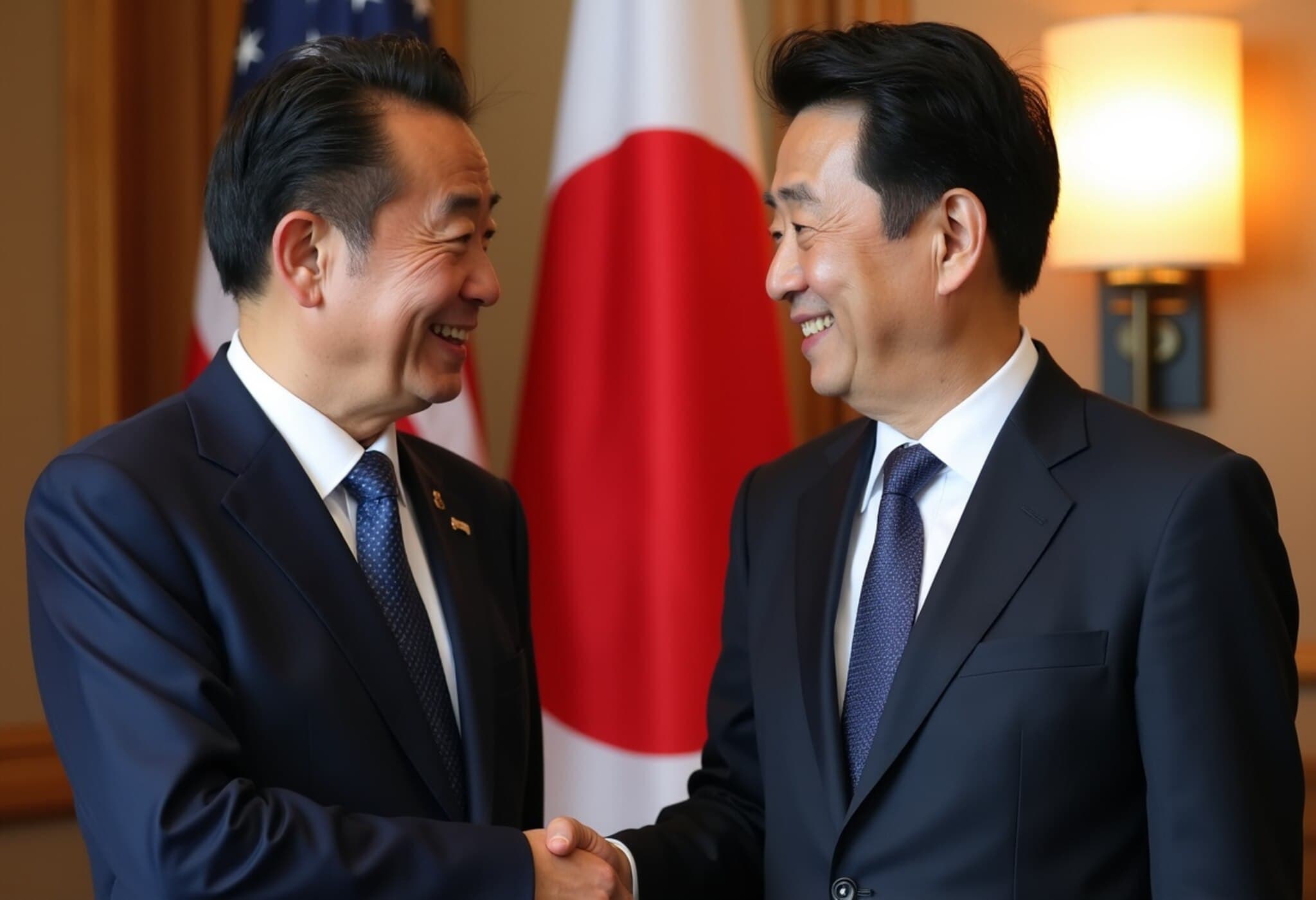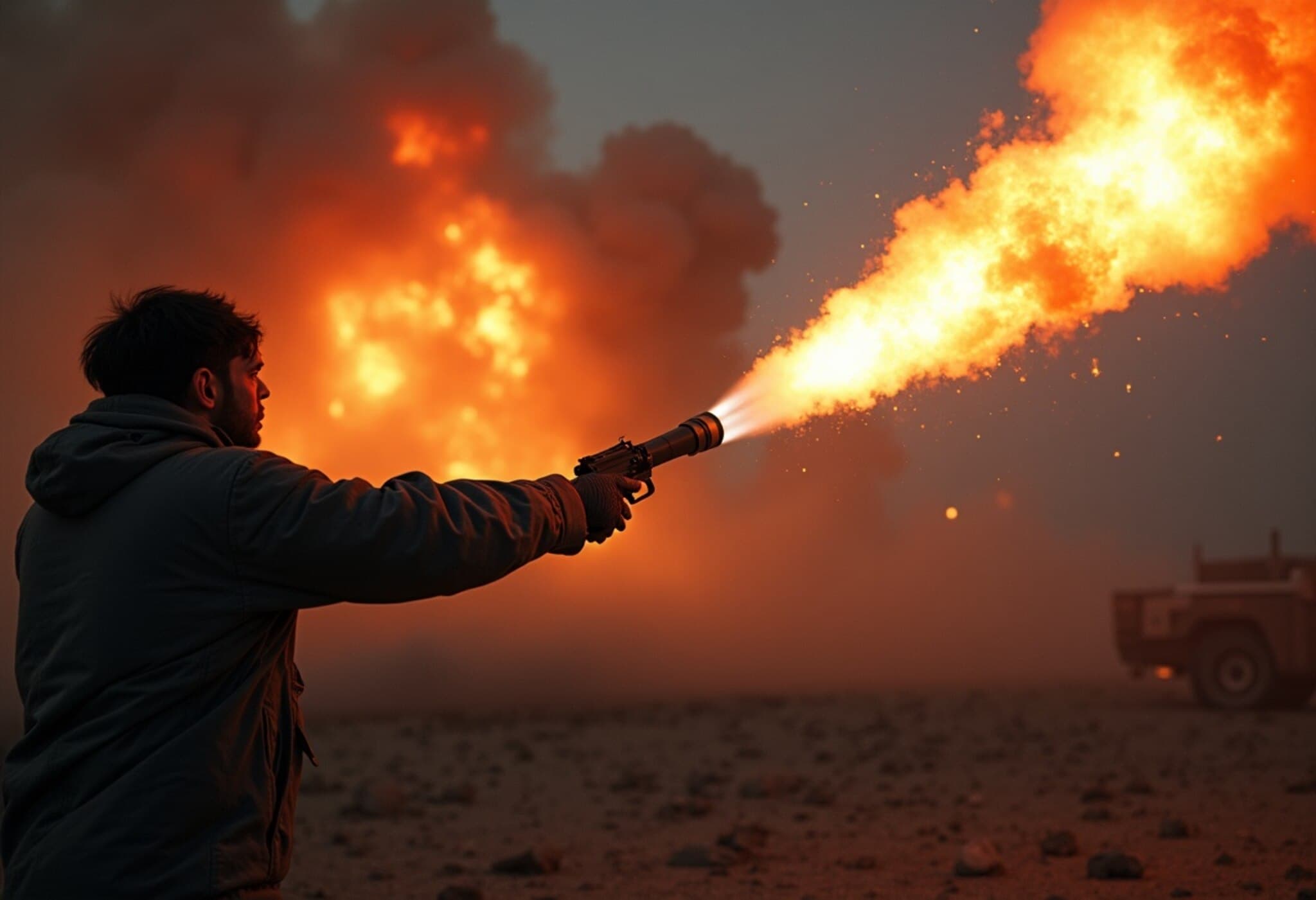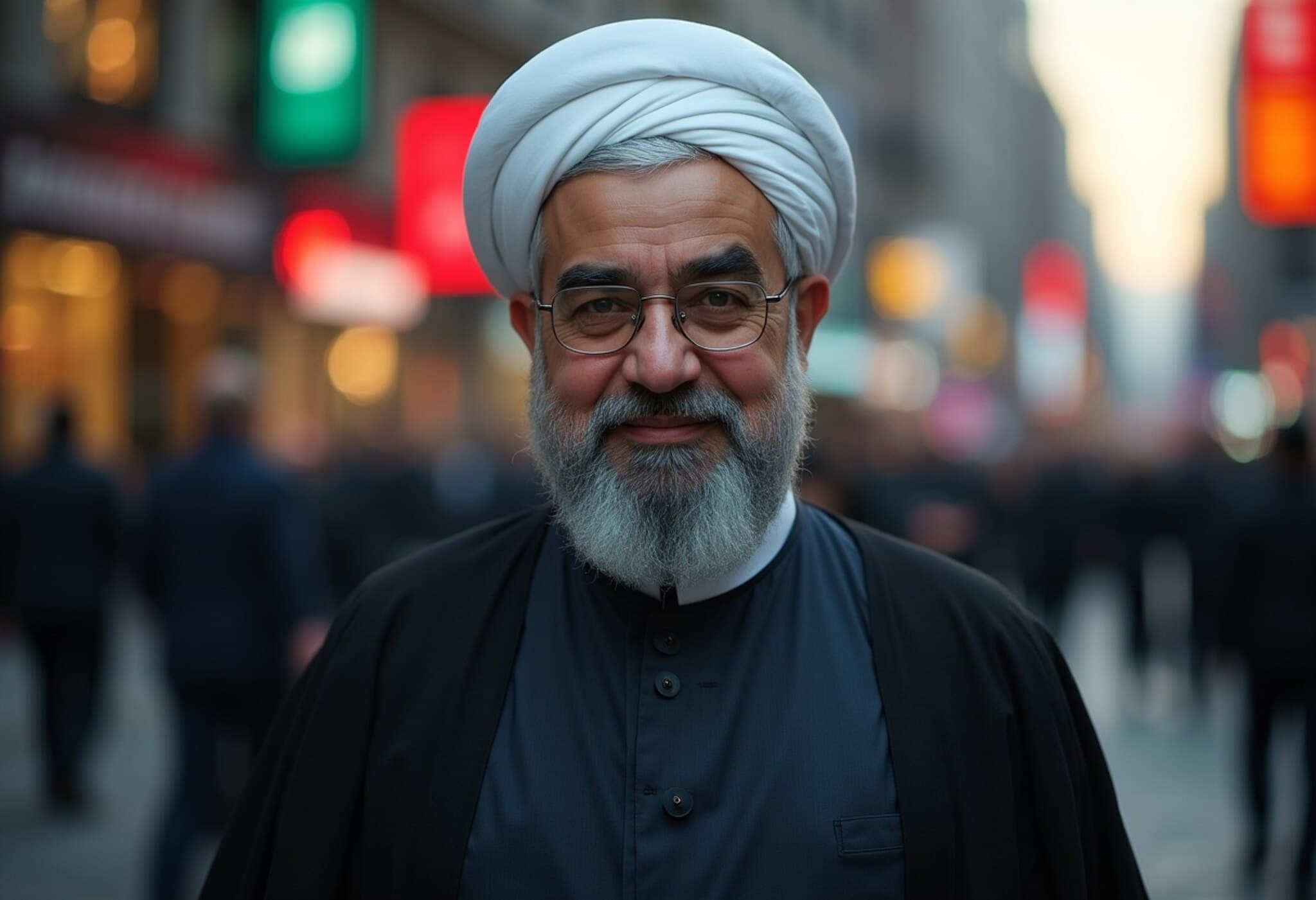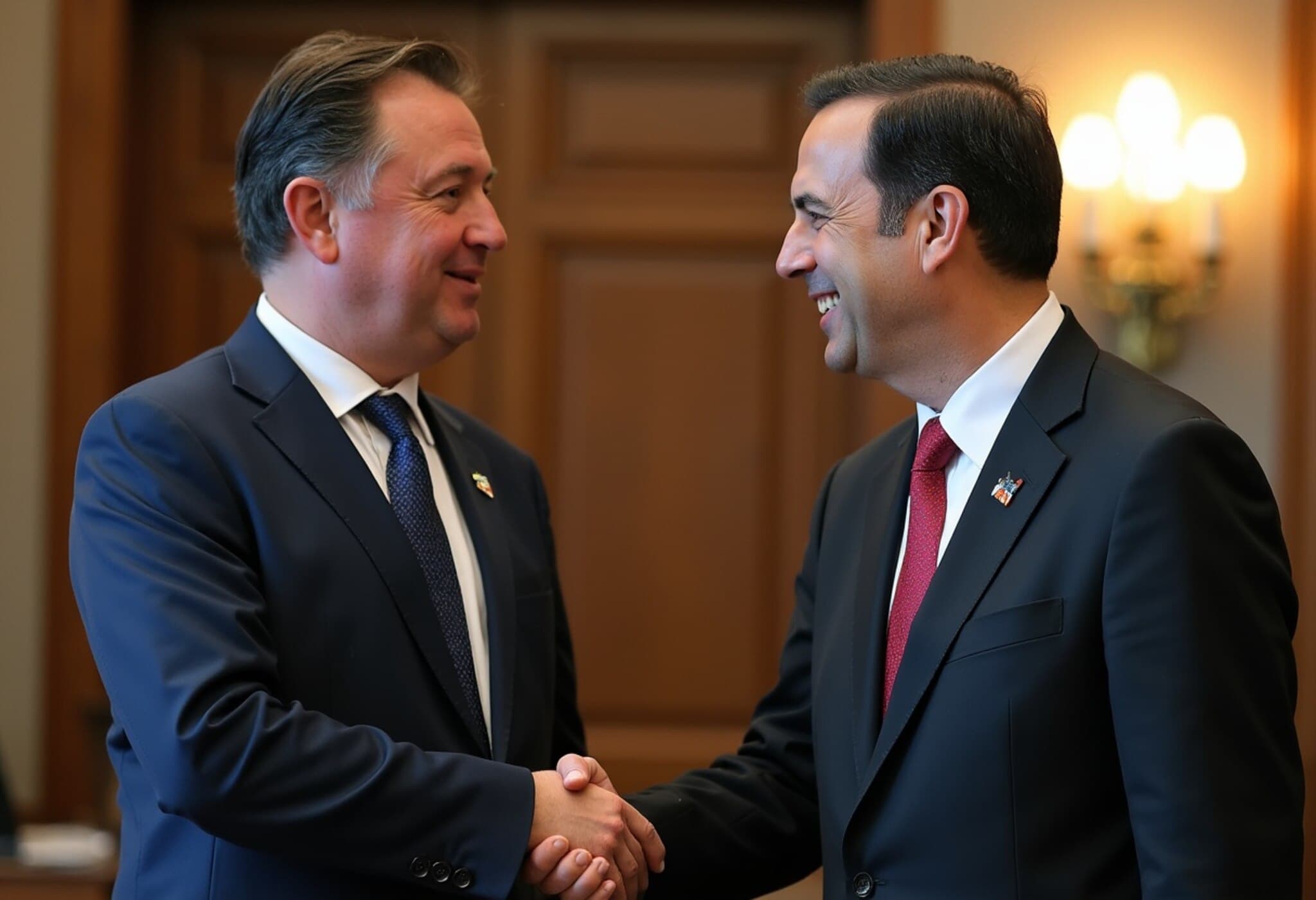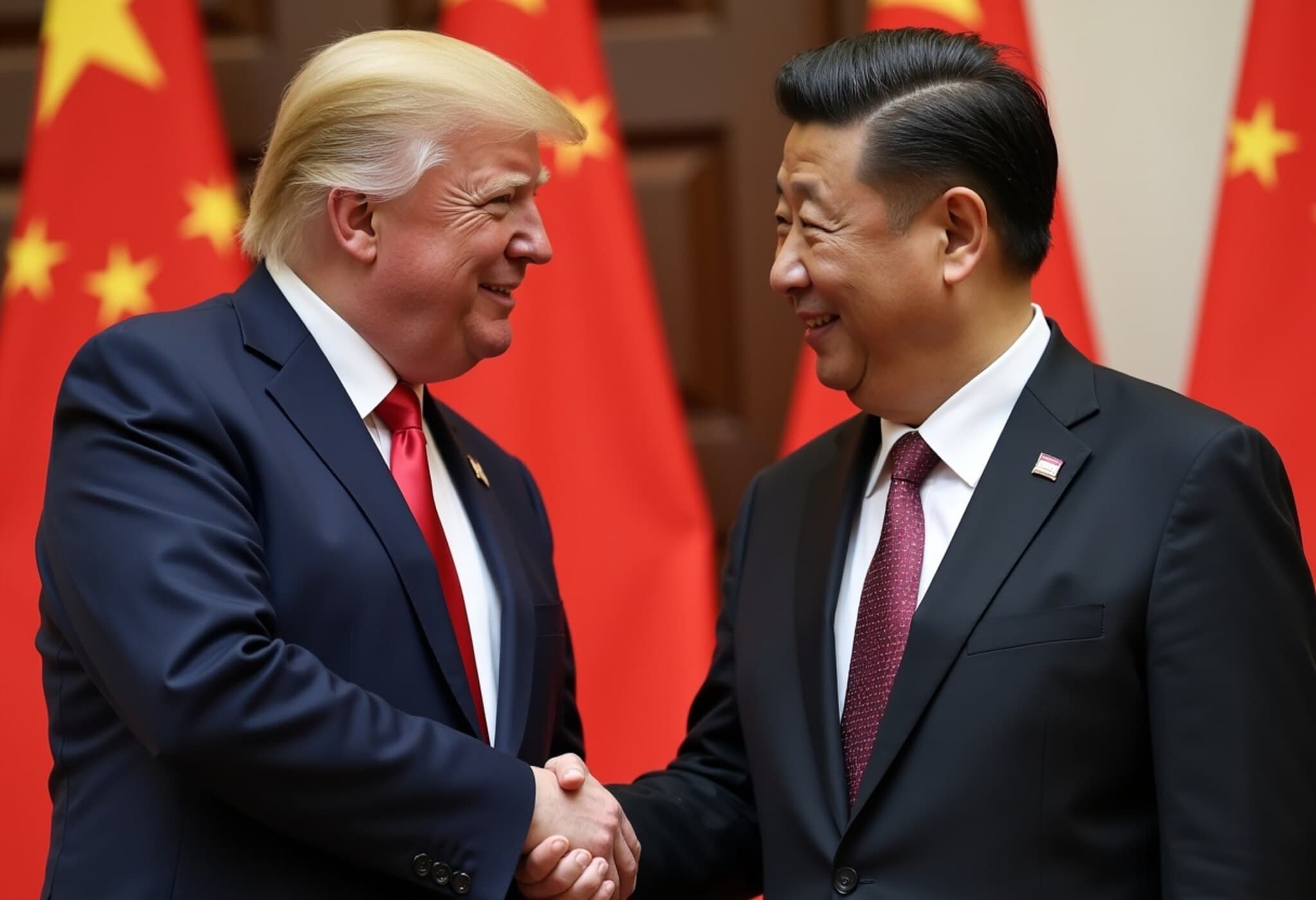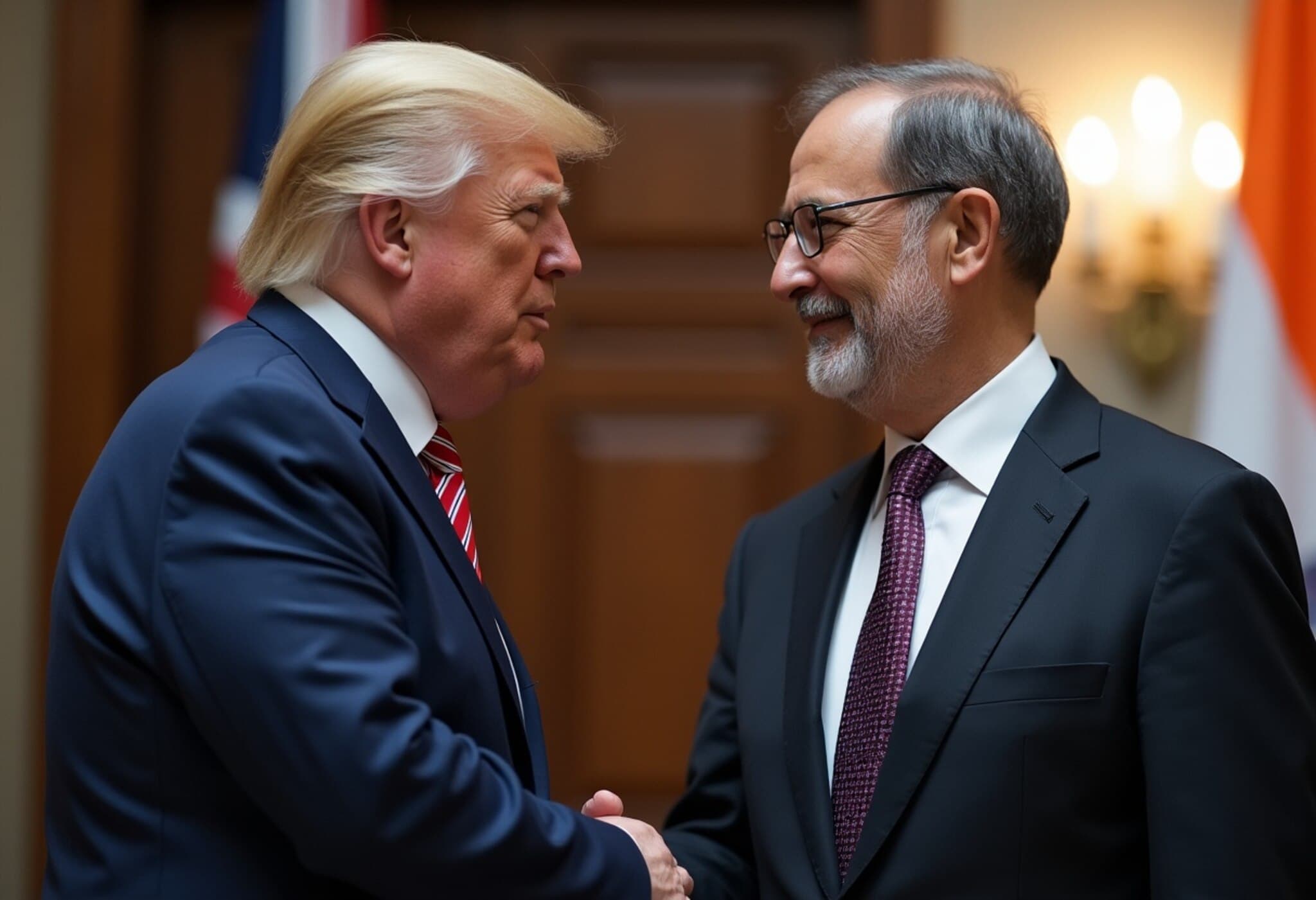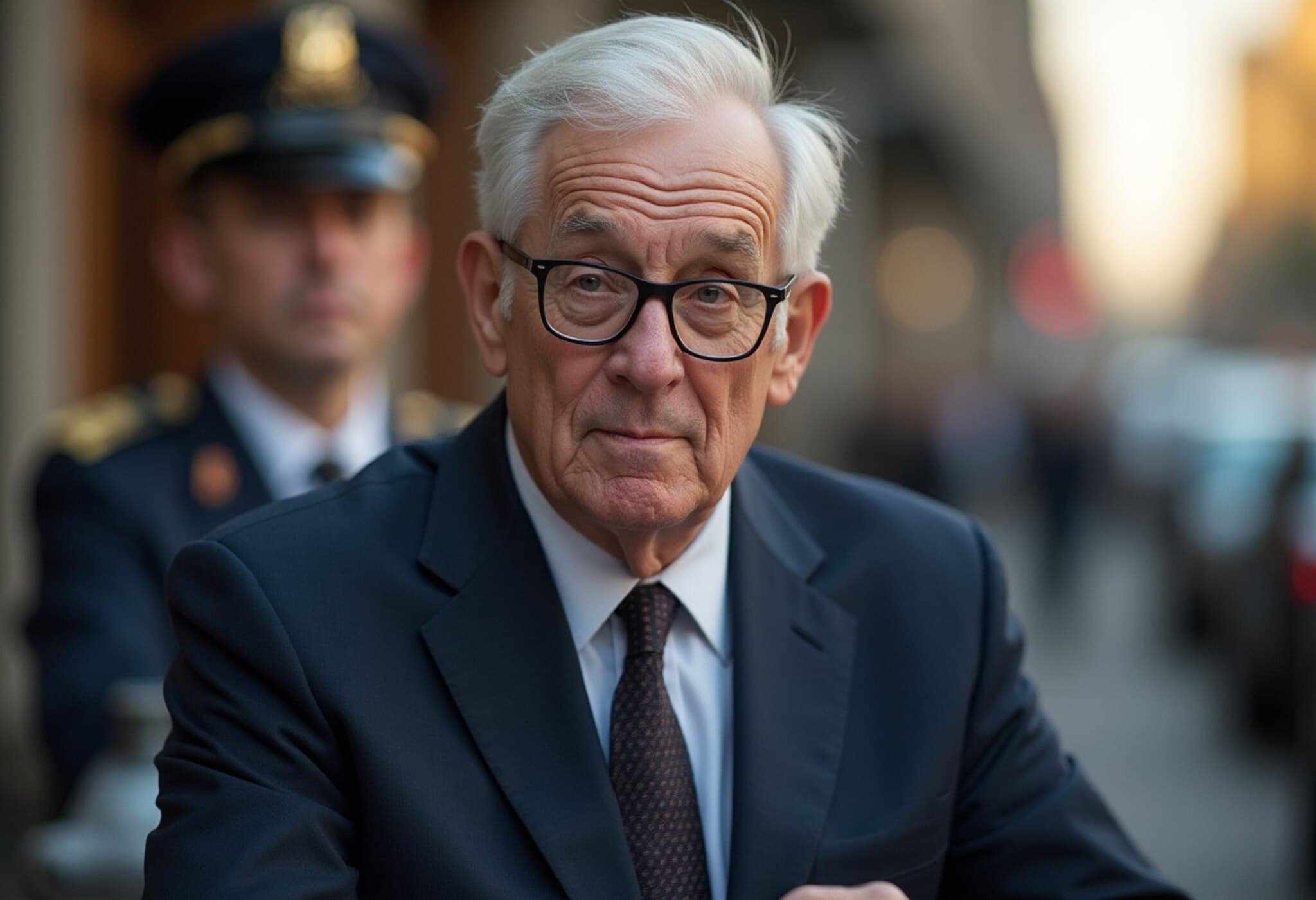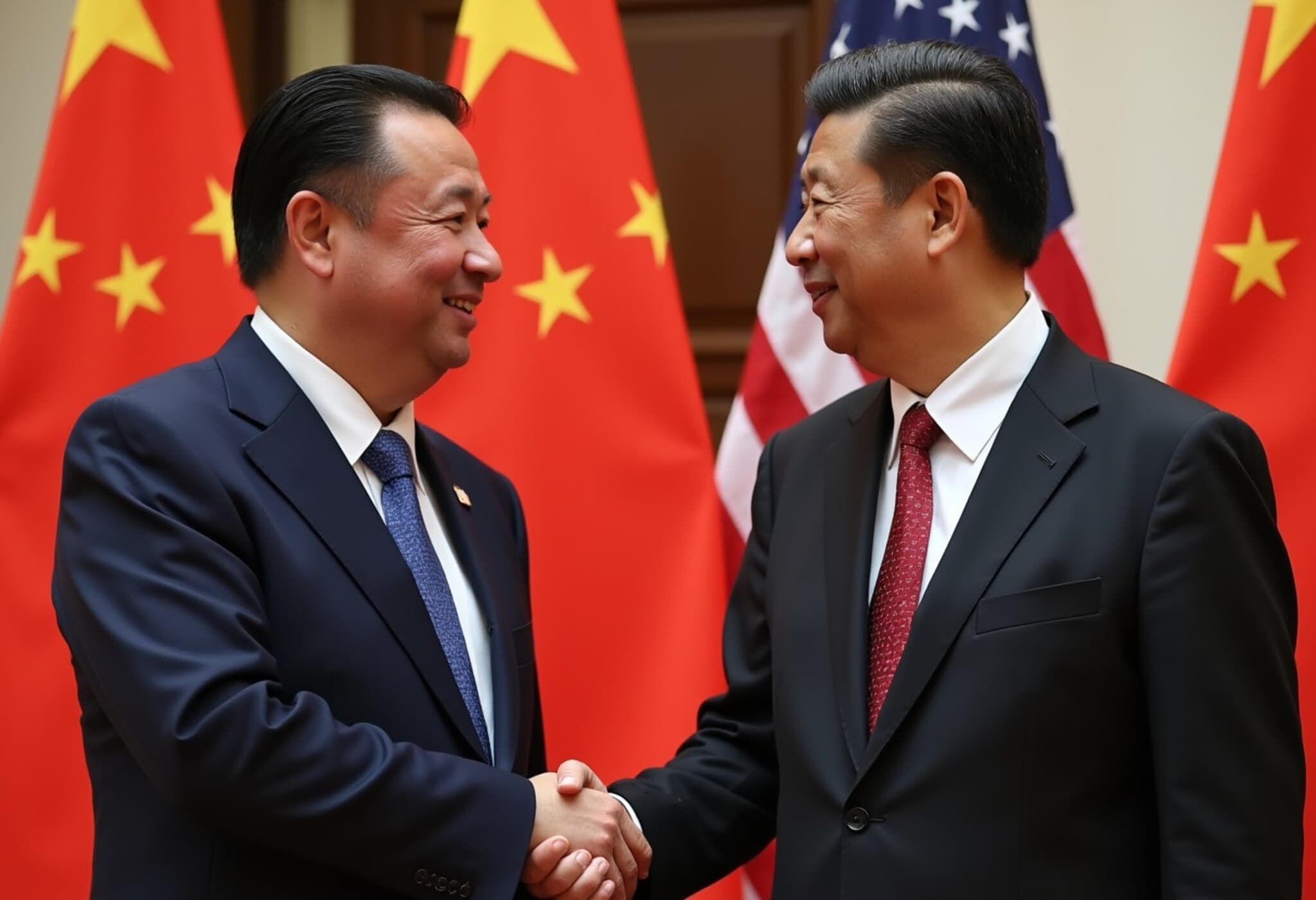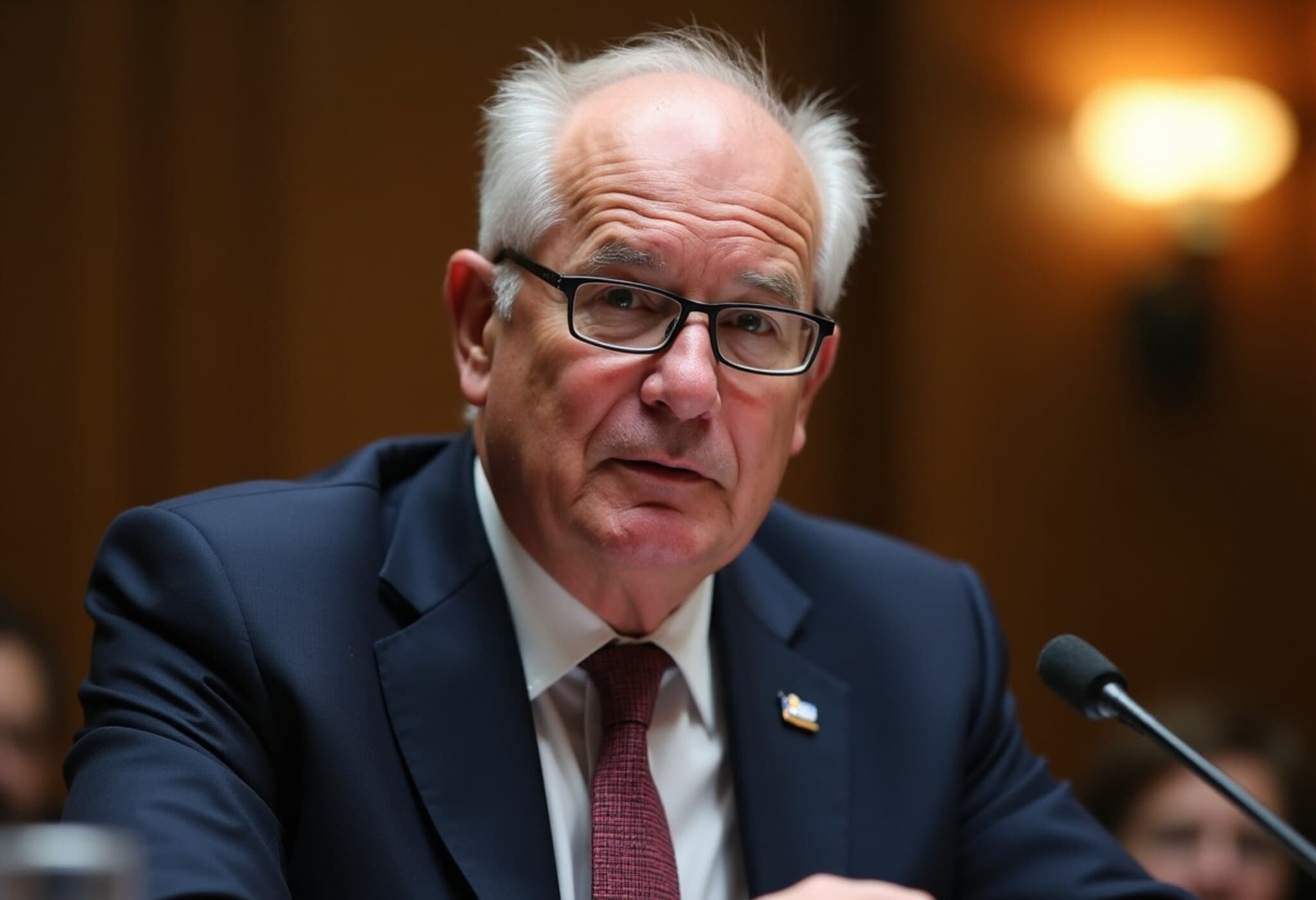Australia Affirms Sovereignty, Avoids Pre-Commitment on Taiwan Conflict
During a period marked by rising tensions over Taiwan, Australia has made it clear it will not pre-commit troops in the event of a conflict between China and the United States. Defence Industry Minister Pat Conroy emphasized this position in an interview with the Australian Broadcasting Corporation, dismissing speculation about Australia's involvement in a potential Taiwan conflict as hypothetical and stressing the importance of national sovereignty.
"The decision to commit Australian troops to any conflict will rest strictly with the government of the day," Conroy stated. "We don’t discuss hypotheticals." This statement comes amid reports that US officials, including the Pentagon’s Under-Secretary of Defence for Policy Elbridge Colby, have sought clarity from Australia and Japan regarding their roles if the US-China conflict over Taiwan escalates.
Context: US Strategy and Regional Security Concerns
Elbridge Colby has publicly reiterated the US Department of Defence’s commitment to reinforcing deterrence in the Indo-Pacific region. On social media platform X, Colby highlighted efforts aligned with the "America First" policy, urging allies to increase defense spending and enhance collective security efforts. However, the United States stops short of guaranteeing a direct military commitment to protect Taiwan, which remains a democratically governed island claimed by China.
This contested sovereignty is a flashpoint: China has not ruled out using force to assert control, while Taiwan's President Lai Ching-te maintains that only Taiwanese citizens have the right to determine their future. Australia’s stance, articulated by Prime Minister Anthony Albanese during his visit to Shanghai, supports maintaining the status quo on Taiwan, avoiding actions that could escalate tensions.
Australia’s Defence Posture and Regional Security Initiatives
Pat Conroy expressed deep concern over China’s rapid military modernization, including nuclear and conventional forces, and its ambitions to establish a military base in the Pacific—moves Canberra views as destabilizing in the Indo-Pacific. Australia advocates for a balanced power dynamic without any single nation dominating the region.
In this strategic context, Australia launched its largest war exercise, Talisman Sabre, involving 40,000 troops from 19 countries including key allies such as Japan, South Korea, India, Britain, France, and Canada. This extensive two-week operation spans thousands of kilometers, from Christmas Island in the Indian Ocean to the Coral Sea off Australia’s east coast, encompassing air, sea, land, and space domains to rehearse collaborative defense capabilities.
Vice Admiral Justin Jones, Chief of Joint Operations for the Australian Defence Force, highlighted the importance of this multinational exercise in fostering regional peace, stating, "This is nations united by a common aspiration for peace, stability, and a free and open Indo-Pacific." US Army Lieutenant General Joel Vowell echoed this, framing the drills as both a readiness enhancement and a deterrent designed to prevent conflict altogether.
US-Australia Military Collaboration and Strategic Implications
While Australia prohibits permanent foreign military bases, its alliance with the US continues to deepen through expanded rotational deployments and infrastructure enhancements. From 2027, Australia will host US Virginia-class submarines at ports in Western Australia, significantly boosting the US military’s capacity in the region. Analysts suggest these assets will be critical in any potential conflict involving Taiwan.
Nevertheless, Australia’s reluctance to commit troops in advance underlines its cautious balancing act—strengthening defense ties without overtly escalating regional tensions or constraining future policy autonomy.
Underreported Aspects and Critical Questions
- How does Australia's stance influence regional perceptions of alliance reliability and deterrence credibility?
- What are the implications for US-Australia relations as Canberra prioritizes sovereignty over advance military commitments?
- How do these military developments affect the broader Pacific geopolitical landscape, especially regarding China's ambitions?
- What role will diplomatic efforts play alongside military readiness to promote Indo-Pacific stability?
Editor's Note
Australia’s firm refusal to pre-commit troops in a potential Taiwan conflict reveals the complexity of alliance politics in the Indo-Pacific amid China’s rising assertiveness. This careful positioning reflects Canberra’s desire to uphold national decision-making prerogatives while engaging robustly in joint defense preparations. As the region navigates fragile security dynamics, Australia's choices will be pivotal in shaping the balance between deterrence and diplomatic solutions. Readers should watch closely how these strategic calculations evolve, balancing military readiness with the imperative of peace.

